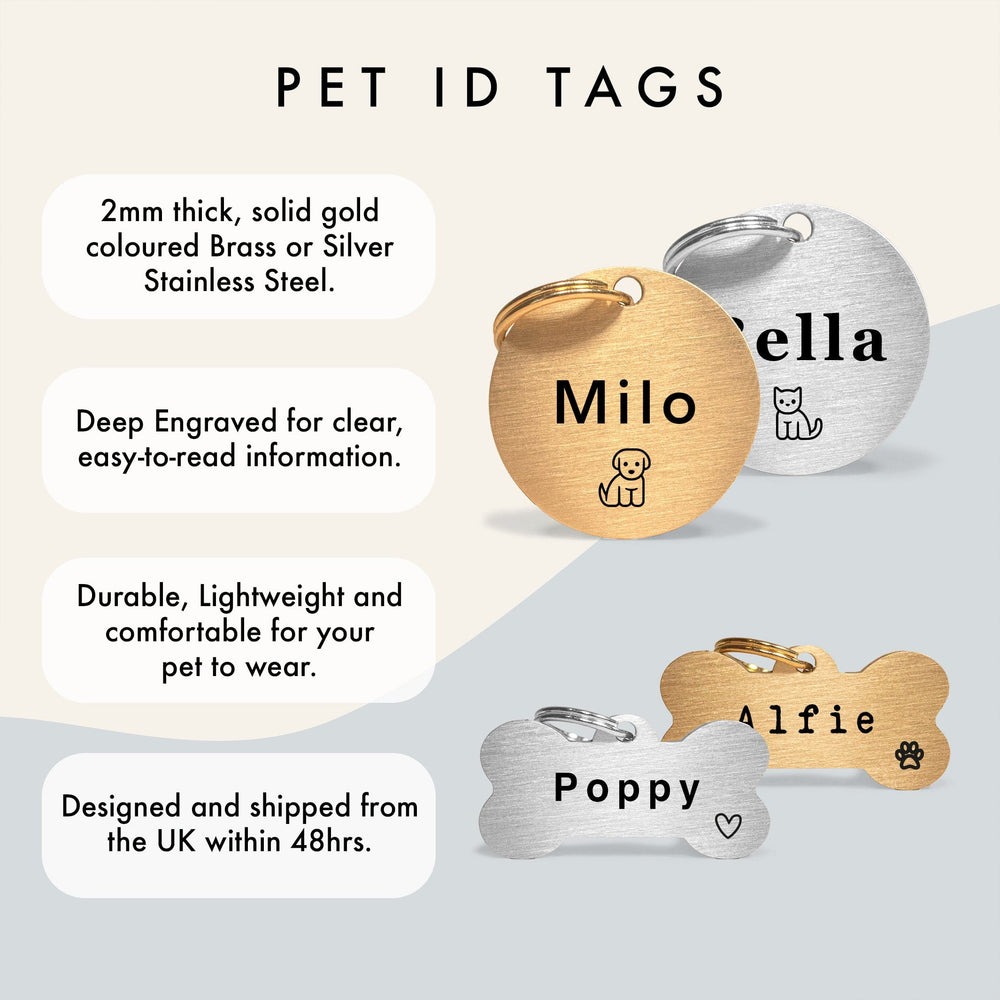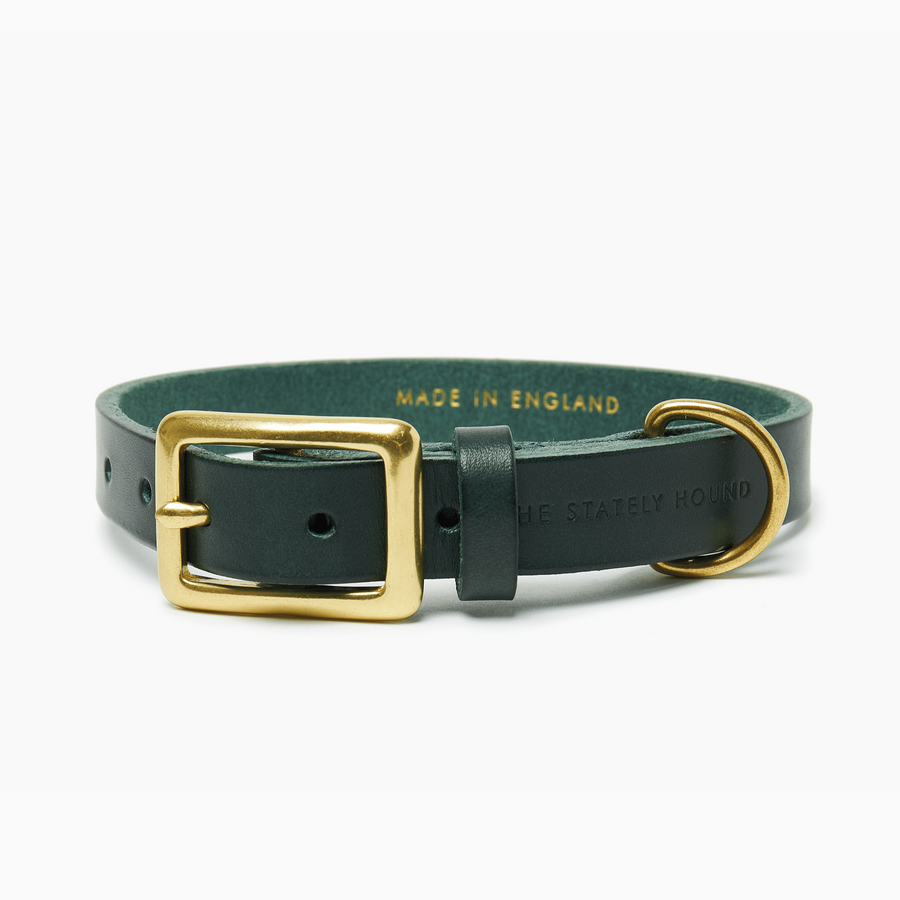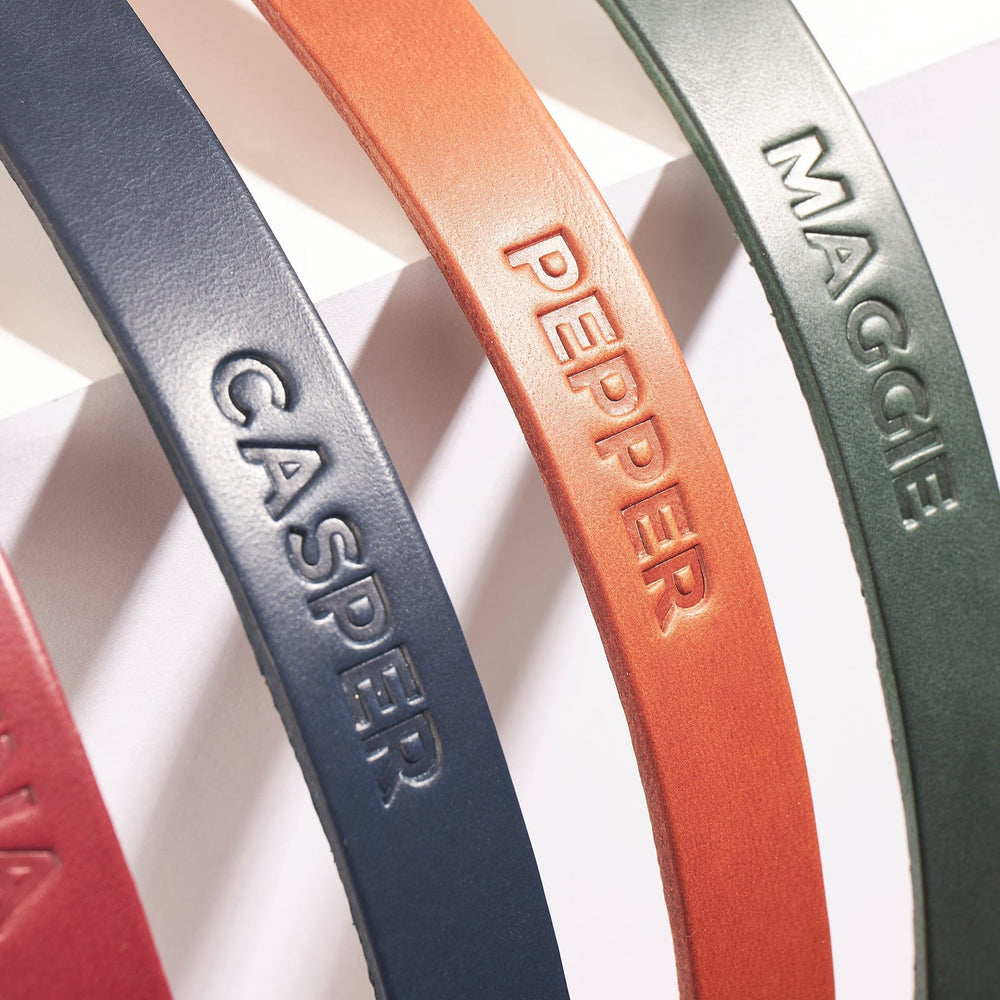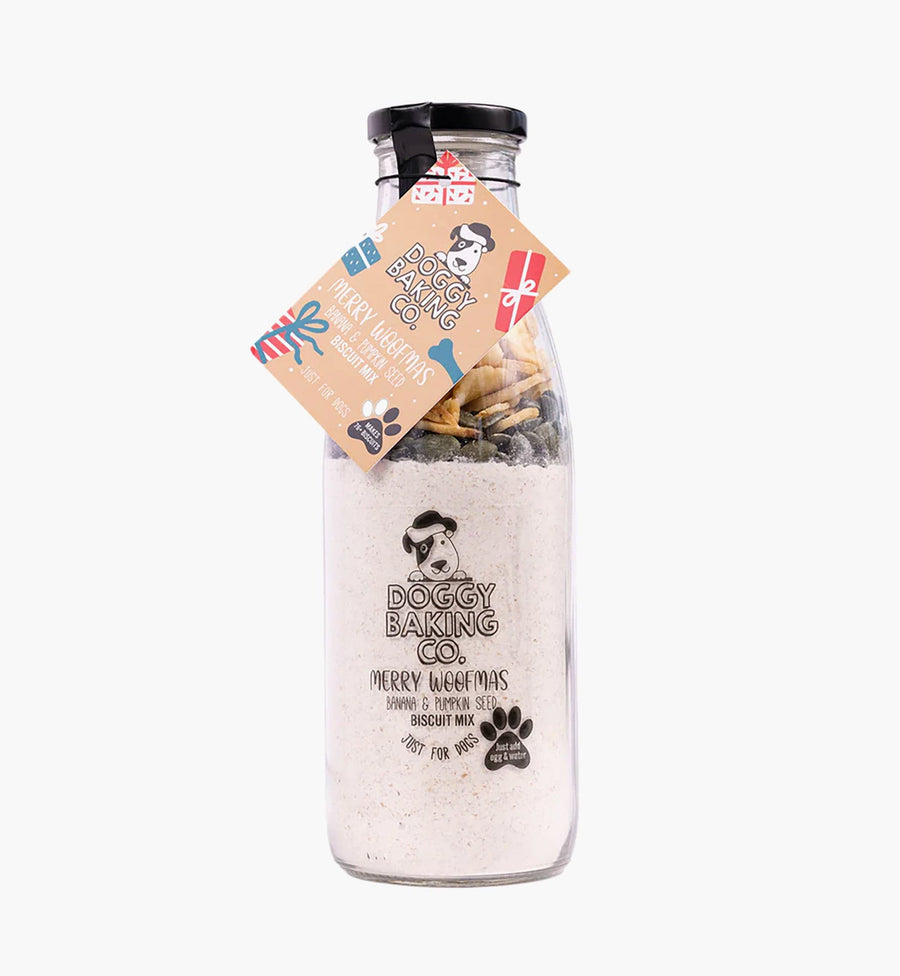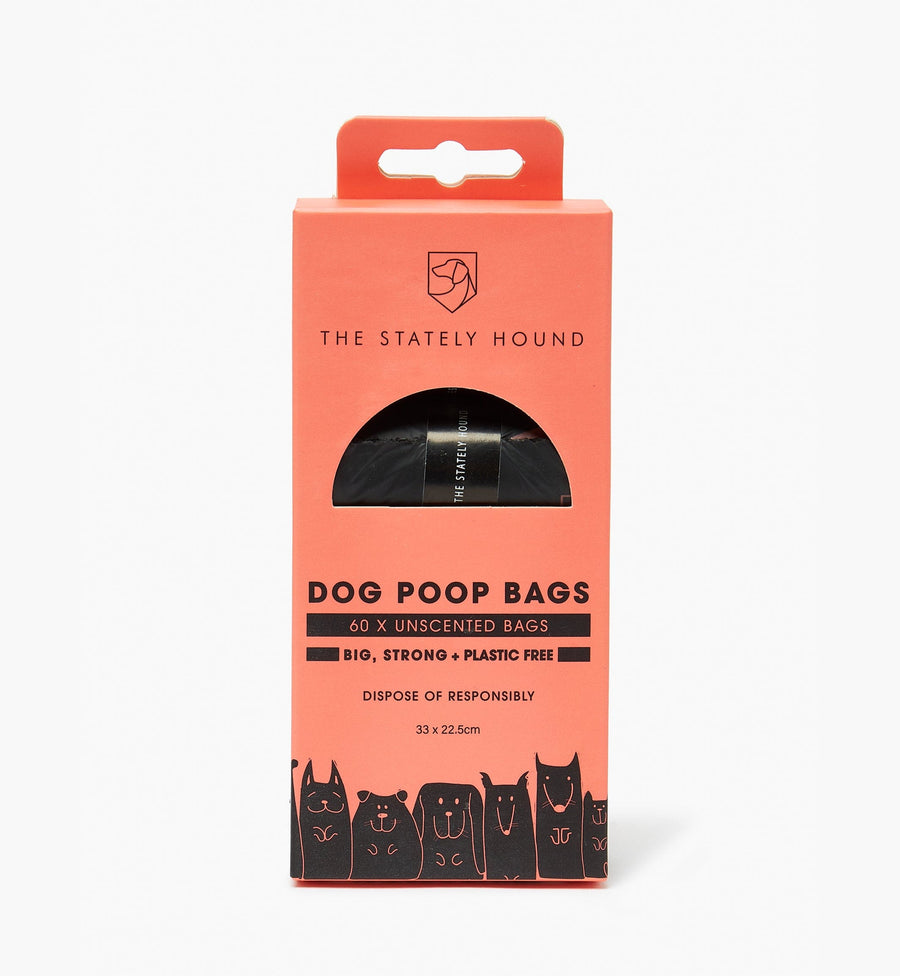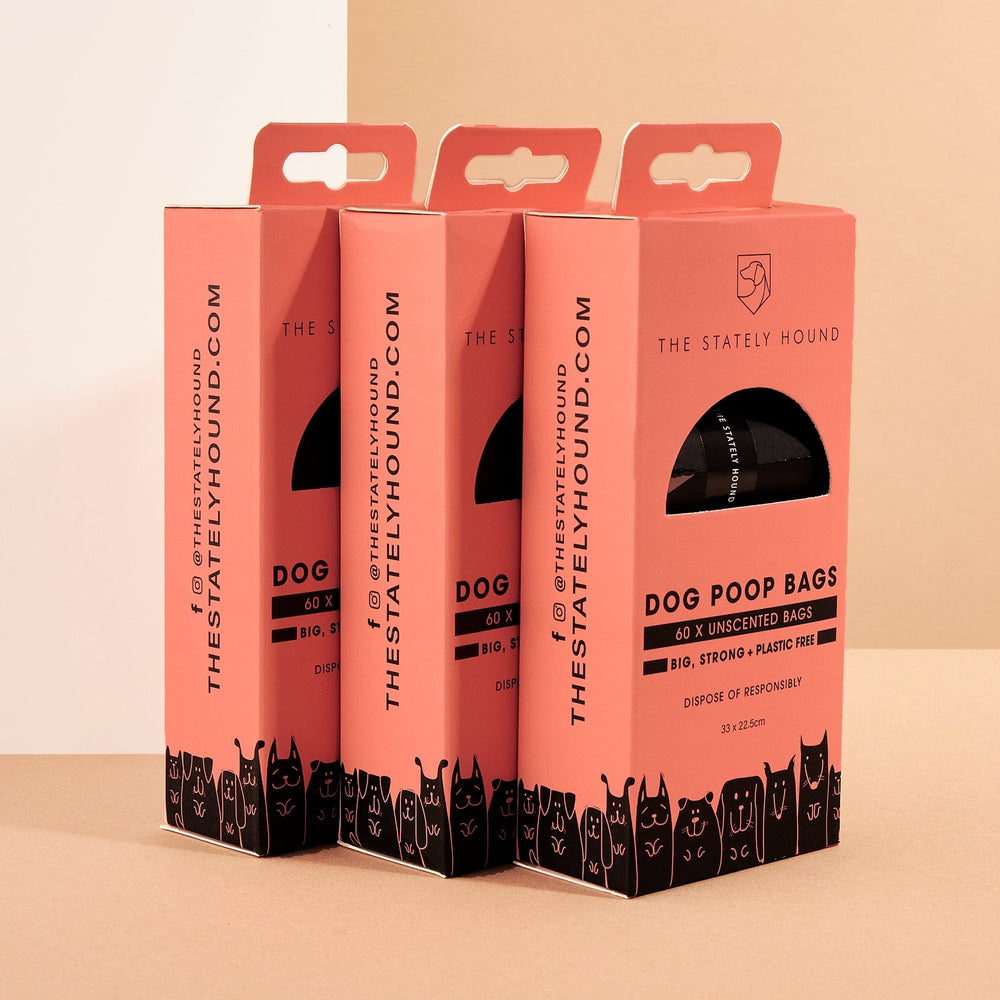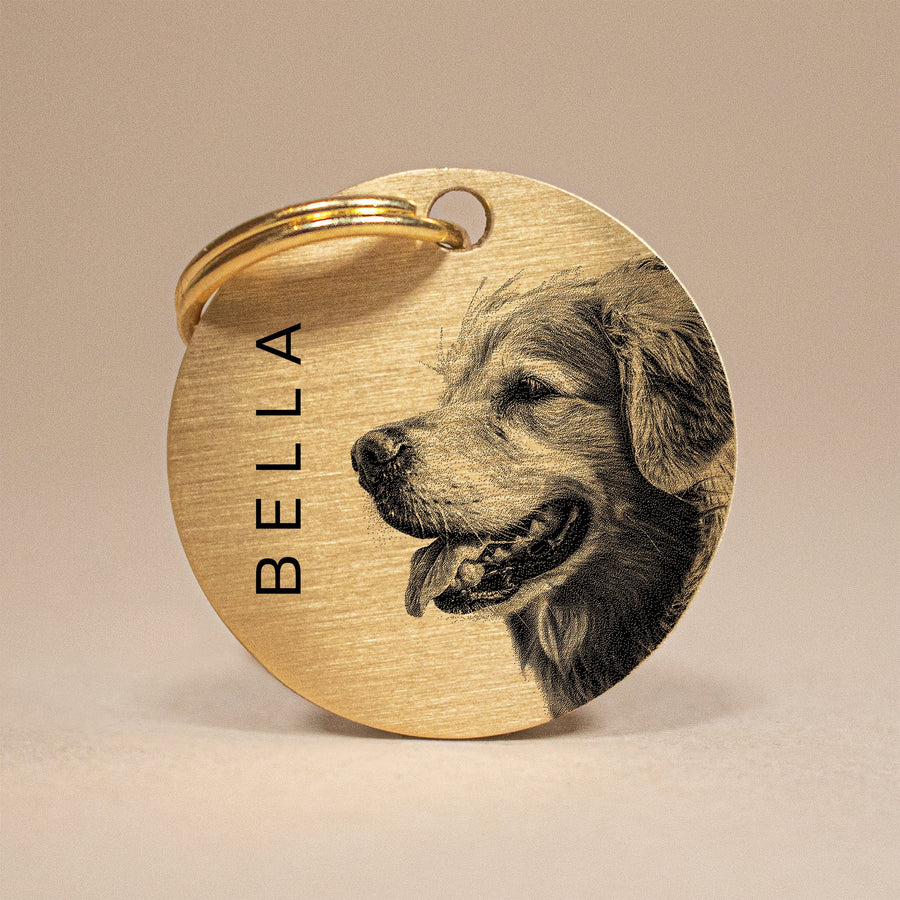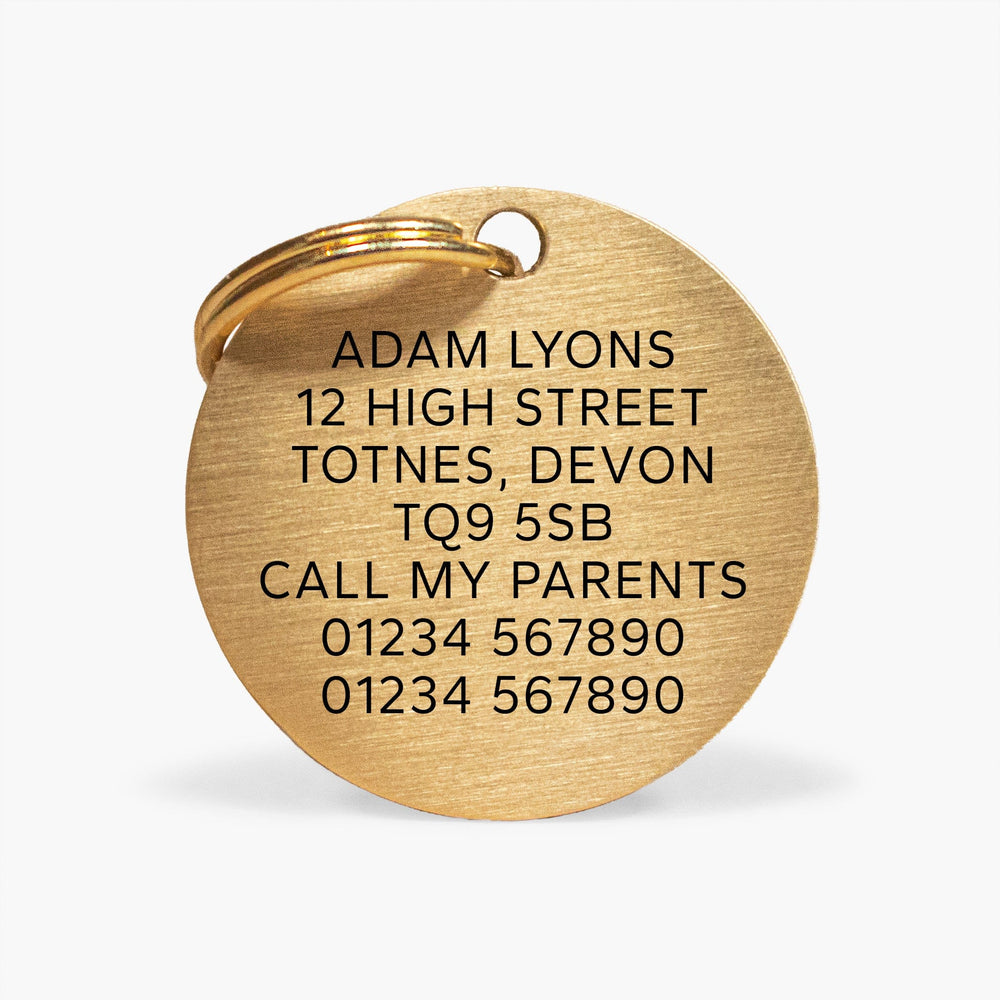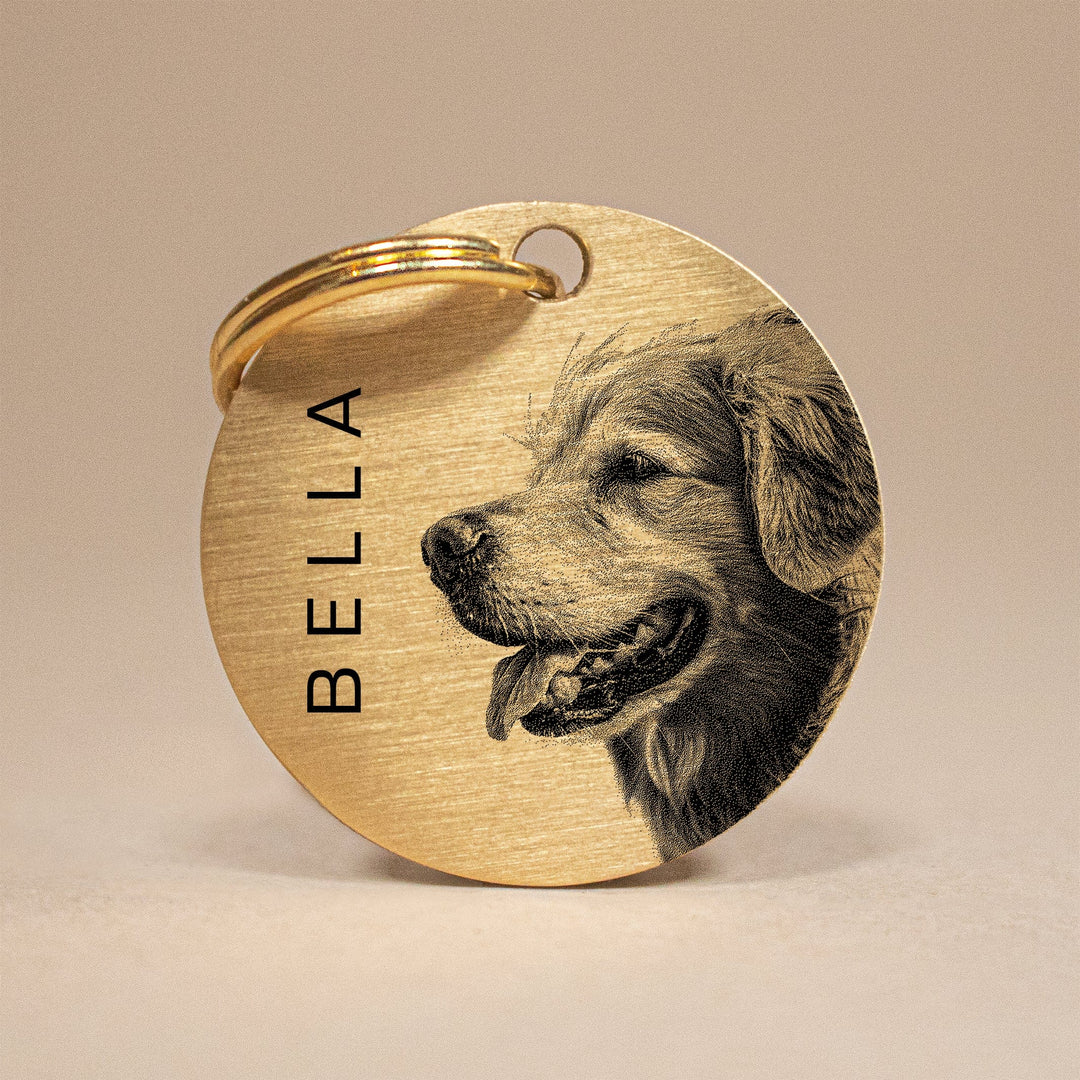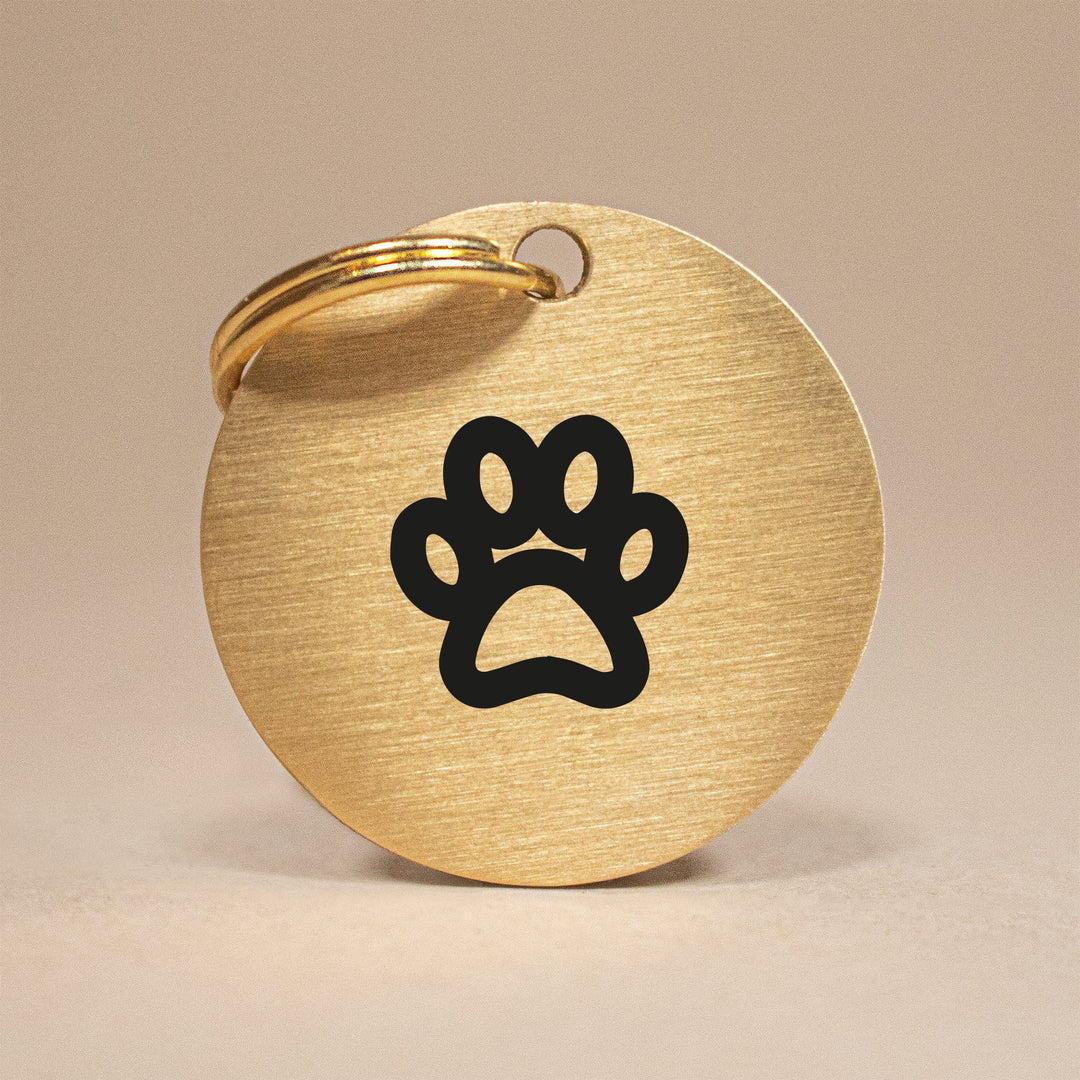What information should I include on my Pet's Name Tag | UK Edition
One of the most received questions we're asked by our customers is, "what information should be on a pet id tag? " the answer isn't a simple one-size-fits-all, as it often needs to balance essential contact information, legal requirements (especially for uk customers), and individual considerations around your pet's security and health needs.
We treasure the unique bond we share with our pets, and as part of our family, their safety is a priority. One key way to safeguard your pet is by providing them with a comprehensive id tag. However, some concerns have been raised about potential misuse of the information, especially the pet's name, on these tags.
Read on as we outline the necessary elements for a pet's id tag under uk law and provide suggestions to balance your pet's safety and security.

Personalise with or without names
The inclusion of a pet's name on an id tag can be contentious. Some people worry that ill-intentioned individuals could use the pet's name to lure them away. Given this concern, you might opt to leave the pet's name off the tag. Your pet's safety is paramount, and if excluding the name helps you feel more secure about their wellbeing, then it's the right choice for you.Owner's details
As per the control of dogs order 1992 in the uk, any dog in a public place must wear a collar with the name and address (including postcode) of the owner inscribed on it or on a plate or badge attached to it. This information is mandatory and ensures that if someone finds your pet, they can quickly return them to you.Contact number
Although not required by law, adding a telephone number to the tag is highly advisable. It gives whoever finds your pet an immediate way to contact you, potentially hastening your pet's return.Pet's medical needs (if applicable)
If your pet has specific medical conditions such as diabetes, allergies, or requires particular care, this should be highlighted on the tag. Such information could be vital if your pet needs medical intervention whilst they're missing.Reward offer (optional)
An optional detail you might include on the tag is the offer of a reward for your pet's safe return. This can encourage people to return your pet but is entirely up to your discretion.Microchip information
As of 2016, it's a legal requirement in the uk for all dogs over eight weeks old to be microchipped. Including the phrase "i'm microchipped" on the tag can encourage a vet or animal rescue centre to scan for a chip if your pet is found.Clear messaging
Finally, consider a simple message like "if found, please call... ". This clearly communicates the purpose of the tag and what action the finder should take.While a pet id tag is crucial, it doesn't replace other security measures or legal requirements, such as microchipping for dogs. It's an added security layer, increasing the likelihood of a lost pet returning home when combined with these strategies.
Customising a pet tag may seem minor, but it can significantly affect your pet's safe return if lost. The more useful information a finder has, the more likely it is that your pet will be swiftly returned to you.
We'd all like to believe our pets will never go astray, but it's prudent to prepare for the worst. By fitting your four-legged friend with a well-thought-out id tag, you're doing your part to ensure their safety and your peace of mind. Happy tagging!



